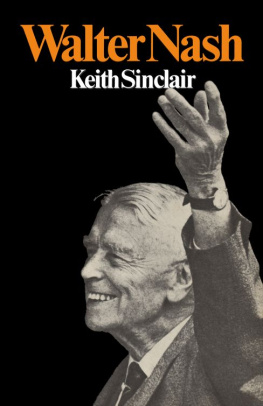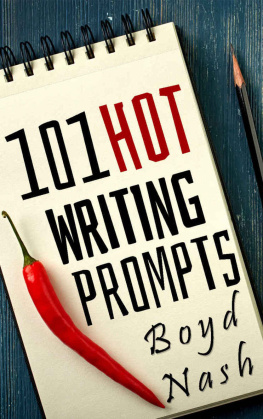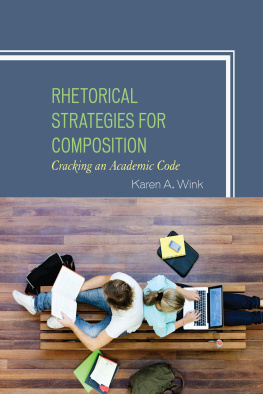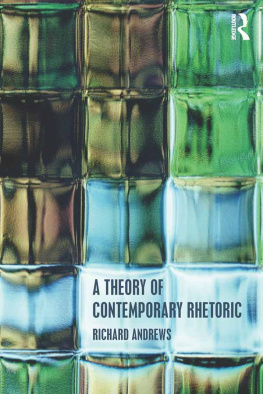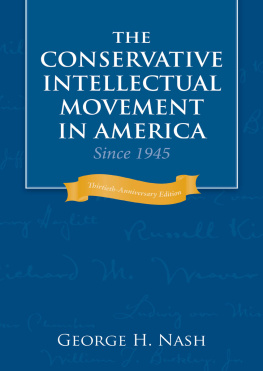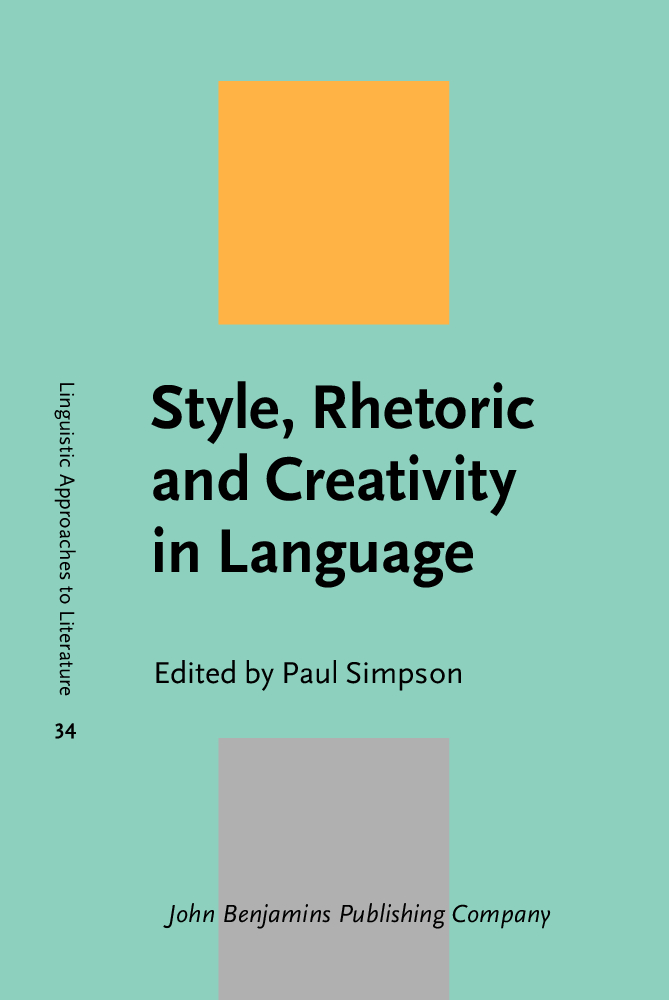This commemorative volume comprises ten essays which celebrate thework of Walter (Bill) Nash. Bill Nash was an extraordinary scholar aclassicist, parodist, critic, musician, linguist, poet, polyglot, humourist andnovelist. He was as adroit in his reading of the Old Norse sagas as he was inhis analyses of the rhetorical composition of everyday English usage, and hispublished outputs embrace the stylistic, rhetorical, compositional and creativetopographies of both language and literature. While accepting of course that tenshort essays cannot do justice to such a formidable body of scholarship, thecontributions that comprise this volume celebrate Bill Nashs prodigiousoffering by covering the academic fields with which he was particularlyassociated: composition, rhetoric, discourse analysis, English usage, comicdiscourse, creative writing and the stylistic exploration of literature from theOld English period to that of the present day. All the scholars whose work iscollected in this volume have been influenced directly by Bills work (and wemake no apology for slipping into the informal first name here and elsewhere inthis book). Our relationship with Bill has been as friends, colleagues,co-authors or former students with numerous intersections and overlapstherein and many of us have followed careers that have been inspired directlyby his seminal contribution to the study of style, rhetoric and creativity inlanguage.
Bill Nash was born in 1926 in Barrow-in-Furness in the North ofEngland. Coming from this part of the world ensured that Bill, as he himself putit, would always be a bit of a lefty. In later years he recorded this earlylife, both movingly and amusingly, in his memoirs ).
A quiet man who shied away from academic gatherings and networkingopportunities, Bill was nonetheless bemused by the world of academia and thisbackdrop became a creative stimulus for his many skits and parodies. He foundparodic opportunities in many facets of academic behaviour, and especially insome academics propensity for self-promotion, which was utterly alien to thismodest and unassuming man. He understood, but never quite trusted, theever-increasing audit and business culture of todays universities. As anacademic he was a unique presence who believed that English can never quite besaid to be an academic subject. On the contrary, English needed to beunderpinned by a balance of studies in language, literature and creative writingand it was therefore always stronger by not focussing too exclusively on any onedomain of study. This balance is, of course, reflected in the present volumescoverage and range.
Among many of Bills ground-breaking books is ), atextbook that offers as much today as it did then and which still features as aset text on many English curricula. In the run up to the completion of themanuscript of this book, Bill had had a mild contretemps with a ratherprescriptively-minded colleague who had expressed misgivings about starting asentence with the connective And. Predictably, and testament to Billsimpish and playful side, this happens to be the very connectivewhich he chose to open English Usage.
Bills work was always lively and accessible, and was suffused with areal enjoyment, and sometimes mischievous mimicry, of its subject matter. Asnoted, Bill was a consummate parodist and satirist, entertaining friends andcolleagues with a constellation of finely tuned ditties and skits. Continuingthe long tradition of the kinds of literary hoax promulgated by Mark Twain orEdgar Allan Poe, Bill had the good fortune to discover many lost manuscriptsfrom antiquity. Notable among these was his discovery of an Old Englishmanuscript written by a South-Saxon called Billig. Other significant findsincluded the work of Umfrey, a rather suspect poet writing in Middling Englishwhose literary preoccupations included ruminations upon the telefoon, thevakum clenere and everyones bugbear, the hyncumme-taxe. One comic riff (c.1970) captures Umfreys 14th century-style irritation at building works on theNottingham university campus: the drivellynge of pneumatic drills, and (in therefrain) the maddeningly repetitive speech rhythms of two road-menders, perhapshandling heavy kerbstones (Huppe, nou I haf hym ). Much later, and moresombrely, in the seventh poem of his sequence In a Winter Season, he bringsthe parable of the Sower to urgent life: The arm sweeps broad / in an arc,sending a shimmering rain of seed / to the brattling seminars of birds . Therich complexity of this recalls at once the bickering brattle of Burnss fieldmouse, the etymology of seminar linking it to seed the clash of egos ina scholarly debate, precluding any profit from it, and (perhaps) theaspirational seed fowl in Chaucers Parlement. In this andthe following poem the germination of new seed in clefts of recipience, andborders of the brain reflects the resilience of soul within matter, and ofpoetry as its vehicle.
In all, Walter Nash wrote over twenty academic books and many morearticles across a range of journals. We cannot cover them all in thisintroduction, so we offer further below an indicative list of his major books.Indeed, Bills own remarkable talent for writing and writing about almost alldiscourses illustrate his endeavour to show creativity at work in differentaspects of language use and across all texts types, not simply or only inpoetry, prose and drama, the usual site in departments of English. Given thiscatholic view of writing and his own naturally self-effacing personality hewould commonly play down his own poetry and memoirs, many of which were writtenin retirement in Tenerife. This later work shows an old master at work,displaying a facility with the texture of words with which very few areblessed.
The chapters in this volume, as we have noted, engage with BillNashs prodigious output, and while the many and varied facets of his workcannot be harnessed in full here, all eleven authors position theircontributions at the intersections, the overlaps and the junctions between thetriple themes of rhetoric, style and creativity. The first chapter, by Susan andRobert Cockcroft, makes for a fitting curtain-raiser to the volume, not leastbecause it explores, in a more focussed and nuanced way, some of the creativewriting outputs the ditties, parodies and spoofs, for example that have onlybeen touched upon in this introduction. But with its central focus on issues ofrhetoric, Cockcroft and Cockcroft highlight the mechanisms through which Nashengages readers of his prose and verse, and, in an echo of Quintilian, theylocate this engagement through the concept of warmth of thought. They alsodemonstrate how the resources of verse are adapted by Nash as a poet, at onceconfessional and broadly empathetic. Their chapter shows, moreover, how Nashexplores the uses and resources of prose in a whole range of genres, as seen inhis publications, but particularly in the book touched upon above,



